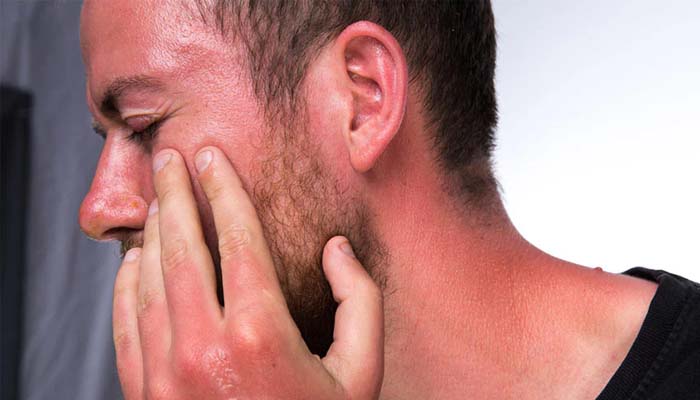
UK citizens are at all-time higher risk of melanoma skin cancer, Cancer Research UK warned.
According to iNews, CRUK found that the rates of melanoma have increased by almost one-third over a decade, and it is expected that 20,800 people will be diagnosed with skin cancer this year.
As per the charity, the rate of melanoma has increased from 21 to 28 per 100,000 people between 2007 -09 and 2017-19. People aged over 80 have a 57% higher risk, while for those aged 25 to 49, there was a 7% increase.
CRUK’s chief executive, Michelle Mitchell, noted, “Survival from cancers, including melanoma, continues to improve, demonstrating the substantial progress made possible by research. But it’s vital that people try to reduce their risk of getting the disease in the first place."
Dr Claire Knight, senior health information manager at Cancer Research UK, warned, “Getting sunburnt just once every two years can triple the risk of developing skin cancer, compared to never being burnt. Whether you are enjoying the good weather abroad or here at home, it’s important to protect yourself from too much sun, especially if you burn easily."
He emphasized, "Remember that sunburn doesn’t only happen when it’s hot. It can happen on cooler or cloudier days, too."
Knight suggested, "The best way to protect your skin when the sun is strong is to use shade, clothing and sunscreen together. Seek shade in the middle of the day, cover up with a shirt that covers your shoulders, a hat and sunglasses and wear sunscreen with at least SPF 30 and four or five stars. Make sure you put plenty on and reapply it regularly."












